by Ashleigh Feltham
Accredited Practising Dietitian and Accredited Nutritionist
Did you know that 25% of the food bought in Australia goes in the bin?
Here, I show you eight ways to help you make the most of the food you buy, reduce waste and save your time and money all at the same time.
1. Choose Long Life Seafood — Buy ethically sourced canned seafood with Marine Stewardship Council (MSC) certification. Canned seafood varieties are long-life products, equally as nutritious as fresh seafood with a low listeria risk. Seafood gives your body a complete protein, which means it contains all the essential amino acids — that your body cannot make — to create a complete protein. In addition, canned seafood such as tuna and salmon are good sources of essential omega-3 fats as well as other vitamins and minerals like vitamin D, selenium and iodine.
2. Wash Your Produce At The Right Time — Only wash your fruit and vegetables when you are about to eat or cook with them. Washing them as soon as you get home from the supermarket or greengrocer can cause fresh produce to deteriorate and grow mould more quickly. Try to wash each piece just before you use it.
3. Greens Storage — Store your leafy greens wrapped in paper towels. This trick will help your lettuce last longer. To extend the life of celery, try wrapping it in aluminium foil before popping it in the fridge.
4. Herbs — How many times have you found half a bunch of saggy herbs hiding in the back of your crisper? Do you want a convenient way to add fresh herbs to your cooking? Fill an ice cube tray with fresh, chopped herbs and top up with stock or water, and freeze. Extra virgin olive oil works well, too. Pop a few cubes into the pan for a delicious, flavourful, nutritious meal.
5. Marinated Tofu — Pre-made marinated tofu is a great way to add a non-meat alternative to your meal. To reduce prep time, buy these from your supermarket, ready to go. Other great plant-based alternatives to meat are eggs, nuts and legumes (yes, baked beans count). Opt for the no added sugar and low sodium varieties.
6. Dried Beans — Soak dried beans in water, adding more water than you think, as the beans absorb water. Cover with a tea towel and leave overnight. If possible, change the water one to two times. In the morning bring the beans to boil, reduce to a simmer and leave for an hour for a nutritious, cost-effective, healthy meal ingredient.
The good news is that you can freeze cooked beans. Add warm water to any surplus beans and store them in an airtight container in the freezer for later. Try adding beans to casseroles, bolognaise and minces, saving you money by using less meat and adding more fibre and vegetables to the meal.
7. Keep Garlic and Onions Separate — These produce ethylene, which can cause your other fresh produce to ripen and expire more quickly. Store these separately in the pantry and cover them with a tea towel to keep them in the dark allowing air circulation.
8. Buy in Season — This will always save you money, and you can freeze any extras. Some vegetables don’t freeze well, for example, salad lettuce, celery, cucumber and radish. Avocado can be frozen; simply mash, add a squeeze of lemon and freeze in an air-tight container.
Take home message
Look after the health of the planet and your wallet. Try these eight tips to save money and reduce food waste from the food you buy.
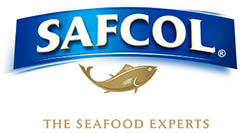
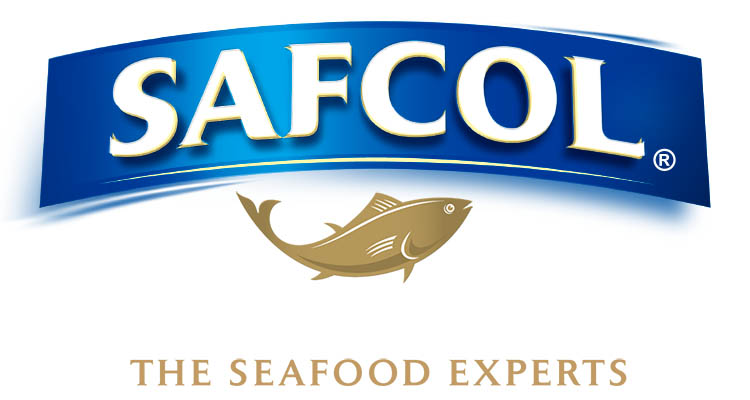
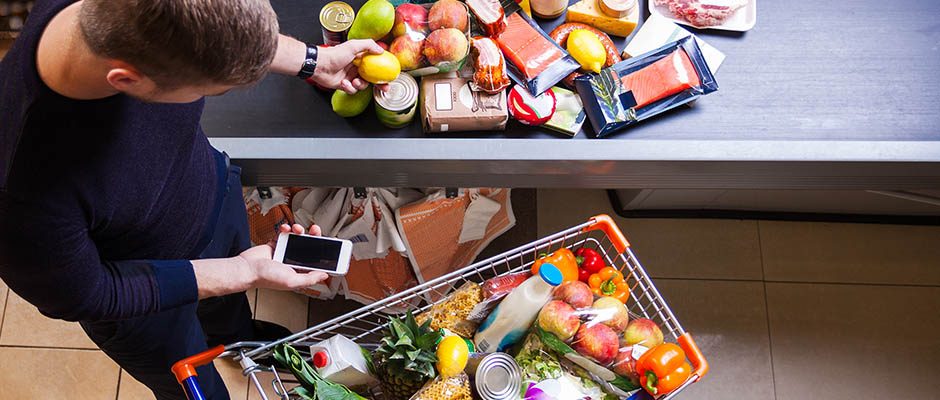

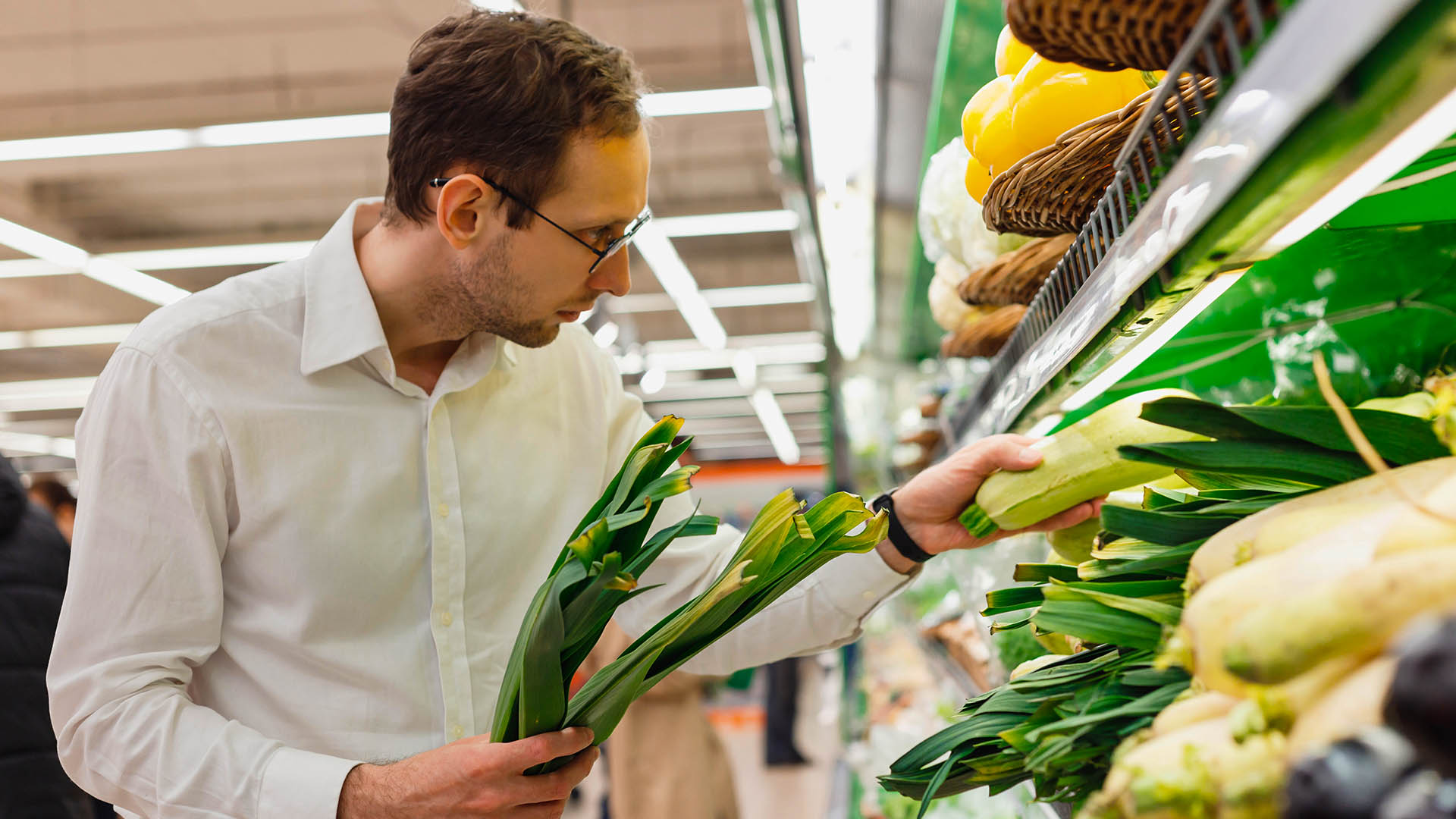
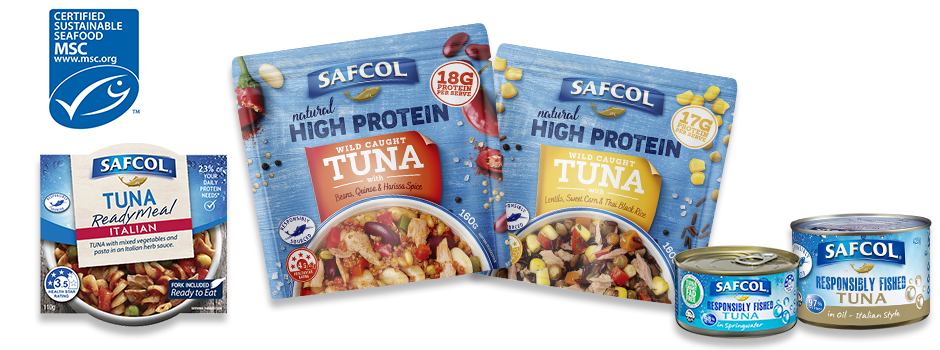





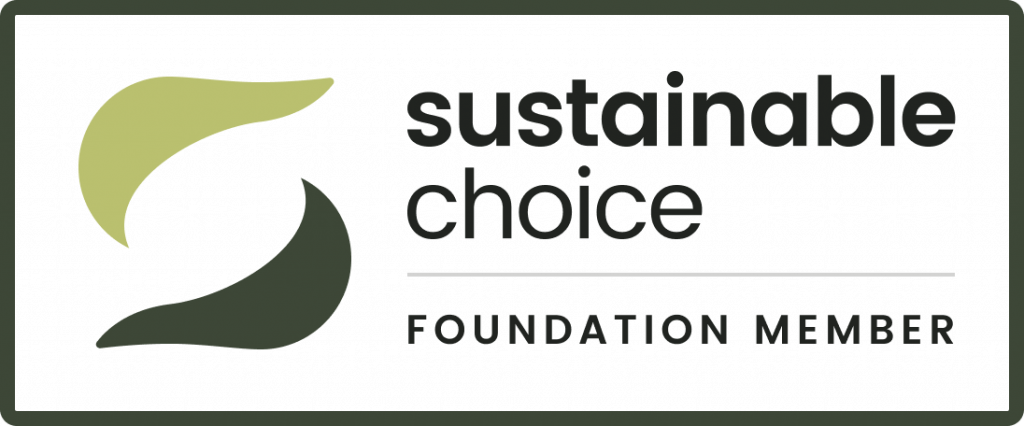





Comments are closed.